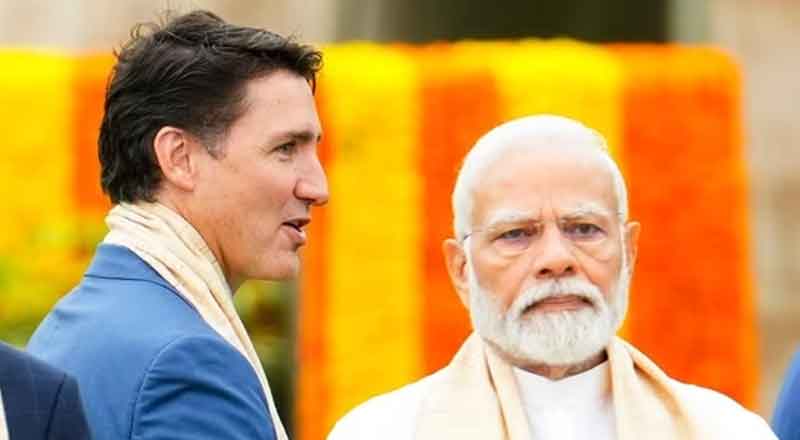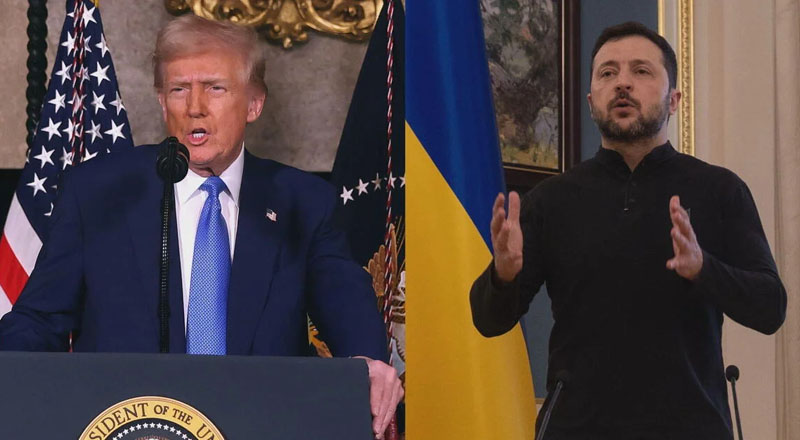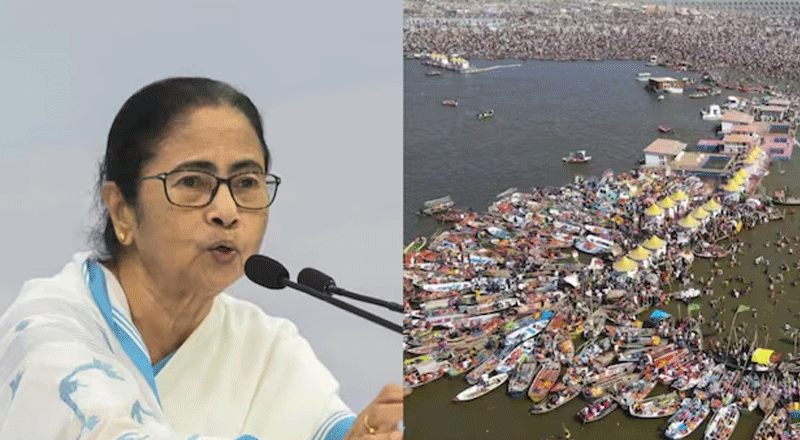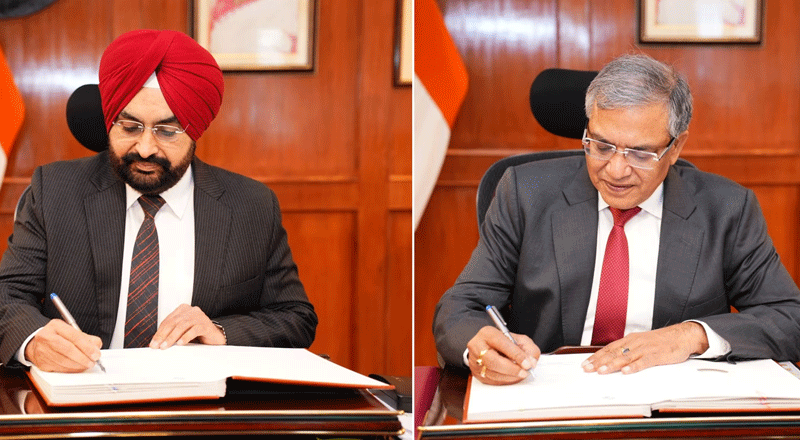- Canada’s prime minister, announced that there was “credible” information linking Indian government agents to the murder of a Sikh separatist leader in British Columbia in June.
- Canada expelled India’s top intelligence agent in the country on Monday, Foreign Minister Melanie Joly said, without providing details.
- Earlier, India dismissed the Canadian accusation as “absurd and motivated”
- India had expelled a Canadian diplomat with five days’ notice to leave the country, just hours after this action.
- On 18 June this year Hardeep Singh Nijjar was shot dead outside a Sikh temple in Surrey, British Columbia.
- Nijjar had campaigned for an independent Sikh nation, known as Khalistan, to be carved out of India’s Punjab state.
India had expelled a Canadian diplomat with five days’ notice to leave the country, just hours after Ottawa expelled the South Asian nation’s top intelligence agent and accused it of a role in the murder of a Sikh separatist leader.
The concerned diplomat has been asked to leave India within the next five days. Earlier, India dismissed the Canadian accusation as “absurd and motivated” and urged it instead to take legal action against anti-Indian elements operating from its soil. “Similar allegations were made by the Canadian prime minister to our prime minister, and were completely rejected.”- it added in a statement.
The development was the latest in an escalating row between the two nations, with Canada saying it was “actively pursuing credible allegations” linking Indian government agents to the murder in British Columbia in June. Canadian authorities have expelled a “key Indian diplomat”. The diplomat is the head of India’s foreign intelligence agency in Canada.
Canada’s prime minister, Justin Trudeau, announced on Monday that there was “credible” information linking Indian government agents to the murder of a Sikh separatist leader in British Columbia in June. The announcement marks a significant worsening of bilateral ties between the two countries at a time when India is already unhappy that Canadian authorities are not cracking down on Sikh protesters who want their own independent homeland.
On 18 June this year, Hardeep Singh Nijjar was shot dead outside a Sikh temple in Surrey, British Columbia. Nijjar had campaigned for an independent Sikh nation – known as Khalistan, to be carved out of India’s Punjab state. He was wanted by Indian authorities and had been designated as a “terrorist” in July 2020. He had been warned by Canada’s spy agency about threats against him, according to the World Sikh Organization of Canada, which alleged he was “assassinated in a targeted shooting”.
India’s Punjab state – which is about 58% Sikh and 39% Hindu – was rocked by a violent Khalistan separatist movement in the 1980s and early 1990s, in which thousands of people died. Today, that movement’s most vocal advocates are primarily among the Punjabi overseas diaspora. Canada has the highest population of Sikhs outside their home state of Punjab. Canada is home to one of the largest overseas communities of Indian origin, which number approximately 1.4 million out of an overall Canadian population of 40 million.
India has often complained to Canada’s governments about the activities of Sikh hardliners among the Indian diaspora who, it says, are trying to revive the insurgency.
In 2018, Trudeau assured India that Canada would not support anyone trying to revive a separatist movement in India but he has repeatedly said he respects the right to free speech and assembly of protesters to demonstrate.
The two countries, which earlier this year said they could agree to the outlines of a trade deal by the end of 2023, have now frozen talks on the agreement. Canada gave few details while India cited “certain political developments”.
India is Canada’s tenth-largest trading partner and plans for a trade deal have been in the pipeline for over a decade. However, in 2022, bilateral trade between the two amounted to just C$13.7bn out of a total of C$1.52 trillion of all Canadian trade, according to Statistics Canada.
(With inputs from agencies)





